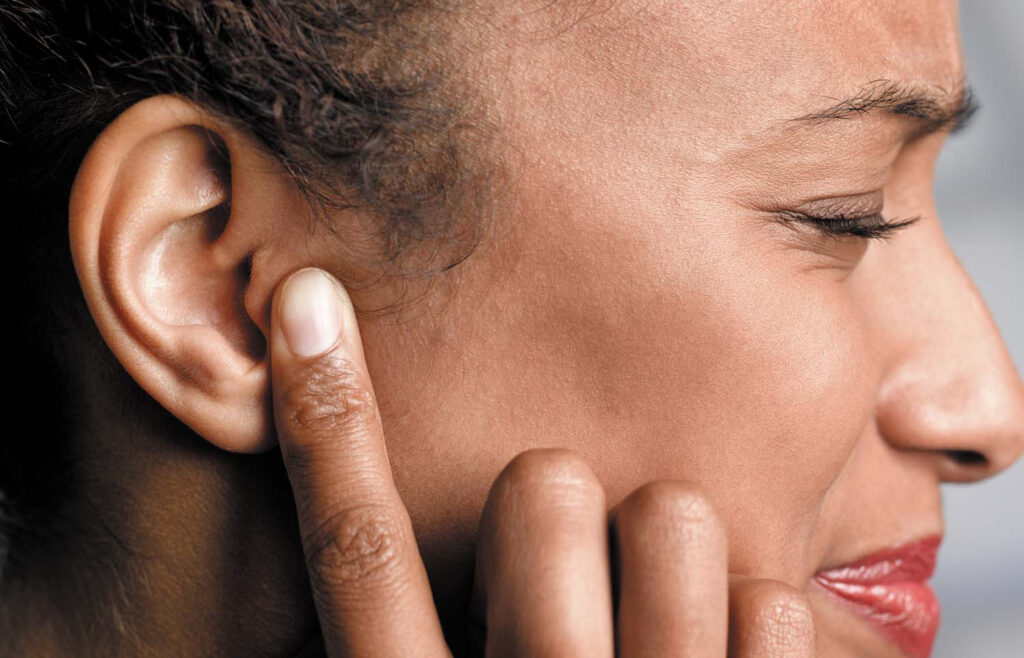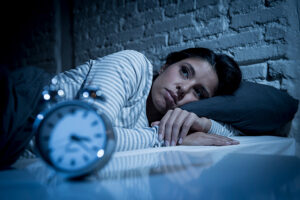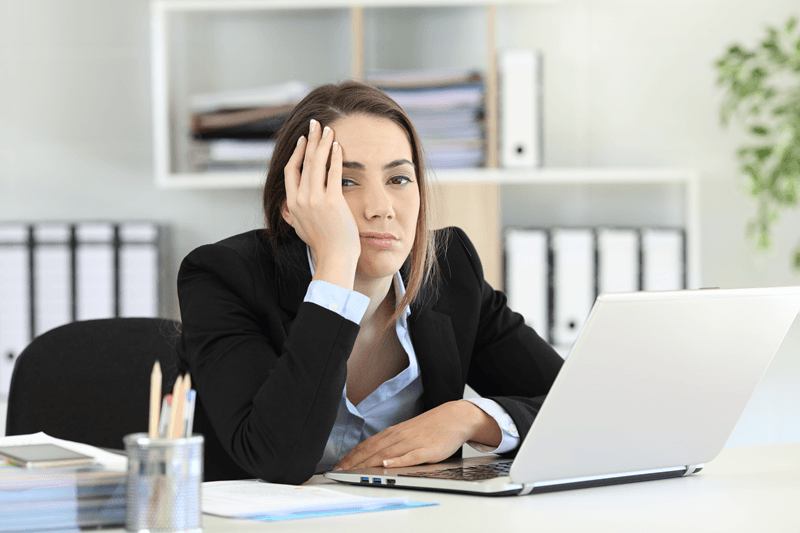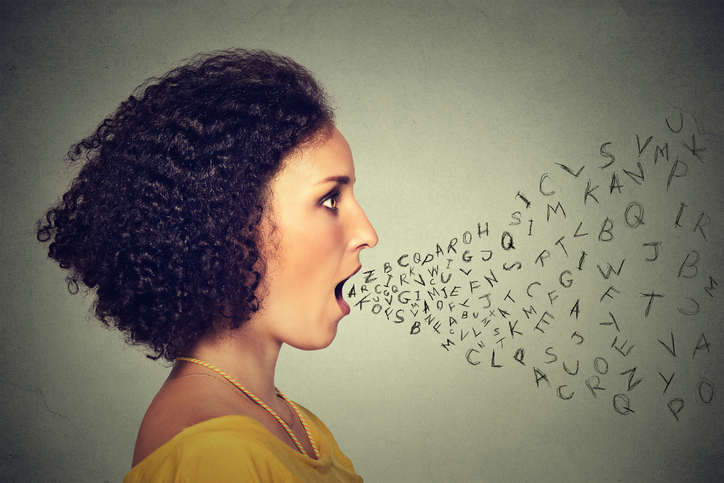Exposure to loud noise can cause significant damage to your ears, leading to temporary or even permanent hearing loss. Understanding how to recover from noise-induced ear damage is crucial for maintaining your hearing health. This article will provide an in-depth look at the causes of noise-induced ear damage, the symptoms, and the steps you can take How to Recover Damaged Ears from Noise and protect your hearing.
Understanding Noise-Induced Ear Damage
Causes
Noise-induced ear damage occurs when the tiny hair cells in the inner ear, which are responsible for transmitting sound to the brain, are damaged by loud noise. Common sources of damaging noise include:
- Loud music (concerts, headphones at high volume)
- Machinery and power tools
- Firearms and explosions
- Urban noise (traffic, construction)
Symptoms
The symptoms of noise-induced ear damage can vary depending on the extent of exposure. Common symptoms include:
- Ringing in the ears (tinnitus)
- Muffled hearing
- Difficulty understanding speech
- Ear pain or discomfort
- Dizziness or balance issues
Immediate Steps to Take After Noise Exposure
1. Move Away from the Noise Source
As soon as you realize you are in a loud environment, move away from the noise source to reduce further exposure and potential damage.
2. Rest Your Ears
Give your ears time to recover by avoiding loud environments for at least 24 hours. This allows the hair cells in your ears to recover from temporary damage.
3. Avoid Further Exposure
Refrain from using headphones or being in noisy environments immediately after experiencing loud noise. Continuous exposure can worsen the damage.
Medical Intervention
1. Seek Professional Help
If you experience persistent symptoms such as ringing in the ears or hearing loss, consult an audiologist or an ear, nose, and throat (ENT) specialist. Early intervention can prevent further damage and help in recovery.
2. Hearing Tests
An audiologist will perform hearing tests to assess the extent of the damage. These tests help in diagnosing the type and degree of hearing loss.
3. Medications
In some cases, corticosteroids may be prescribed to reduce inflammation and swelling in the inner ear. These medications can be effective if taken soon after the noise exposure.
Long-Term Recovery Strategies
1. Hearing Aids
For permanent hearing loss, hearing aids can amplify sound and improve your ability to hear and communicate. An audiologist can help you choose the right hearing aid based on your specific needs.
2. Sound Therapy
Sound therapy involves listening to different sounds or music to help retrain your brain to focus on specific sounds, which can be particularly helpful for tinnitus sufferers.
3. Cognitive Behavioral Therapy (CBT)
CBT can help manage the emotional and psychological effects of hearing loss and tinnitus. It focuses on changing negative thought patterns and behaviors related to hearing issues.
Preventing Future Ear Damage
1. Use Ear Protection
Always use ear protection such as earplugs or earmuffs in loud environments. Custom-molded earplugs provide a better fit and more effective protection.
2. Follow the 60/60 Rule
When using headphones, follow the 60/60 rule: listen at no more than 60% of the maximum volume for no longer than 60 minutes at a time.
3. Regular Hearing Check-Ups
Regular hearing check-ups can detect early signs of hearing loss, allowing for timely intervention and management.
4. Educate Yourself and Others
Awareness about the dangers of loud noise and the importance of hearing protection can prevent noise-induced ear damage. Educate yourself and others, especially children, about safe listening practices.
Home Remedies and Lifestyle Changes
1. Maintain a Healthy Diet
A diet rich in vitamins and minerals, particularly those that promote blood circulation (such as vitamins A, C, and E, and magnesium), can support ear health.
2. Stay Hydrated
Adequate hydration helps maintain the fluid balance in the ear, which is essential for optimal hearing function.
3. Avoid Smoking and Excessive Alcohol
Smoking and excessive alcohol consumption can impair blood flow to the ears and exacerbate hearing problems. Reducing or eliminating these habits can support ear health.
4. Manage Stress
Stress can worsen symptoms of tinnitus and hearing loss. Practice stress management techniques such as yoga, meditation, or deep breathing exercises.
Conclusion
Recovering from noise-induced ear damage requires a combination of immediate actions, medical interventions, and long-term strategies. Protecting your ears from further damage is crucial to preserving your hearing health. By taking proactive steps to prevent noise exposure and seeking timely medical help when needed, you can mitigate the effects of noise-induced ear damage and maintain your quality of life.
Your hearing is invaluable, and taking care of it should be a priority. Stay informed, use protective measures, and consult healthcare professionals to ensure your ears remain healthy and functional for years to come.
















